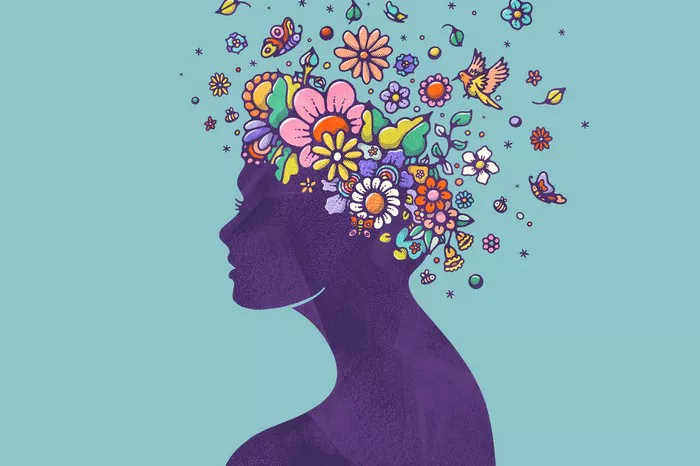Chicago, IL — The Illinois Department of Human Services (IDHS) was informed this week that the Trump Administration has decided to terminate up to $28 million in federal funding designated for mental health and substance use disorder treatment in Illinois. The funds, allocated through the American Rescue Plan Act, had been directed by Congress to support essential community-based services across the state.
This federal funding, which had been distributed to 77 organizations, played a vital role in providing direct services to thousands of Illinois residents. The programs funded by this money included behavioral health crisis response, early intervention for young people experiencing psychosis, substance use recovery homes, and prevention services aimed at reducing substance abuse.
Governor Pritzker Criticizes Cuts Amid Ongoing Health Crisis
Governor JB Pritzker condemned the cuts, emphasizing the essential role of these services, especially in the wake of the COVID-19 pandemic. “At a time when Americans desperately need support for mental health and substance abuse, the Trump Administration has again prioritized cruelty over care and cut essential funds states were relying on to fund lifesaving programs,” said Pritzker. “We know many Illinoisans still face mental health challenges after the pandemic and we need to do everything we can to help them.”
The governor further noted that the mental health programs supported by the funding have broad societal benefits, including reductions in violence, lower healthcare costs, and improved community well-being. These initiatives are seen as a crucial part of addressing the long-lasting mental health impacts that have plagued the population since the pandemic.
The Ongoing Mental Health Crisis Post-Pandemic
The American Rescue Plan Act was designed to mitigate the lasting effects of the COVID-19 pandemic, particularly in areas such as mental health and substance abuse. While the pandemic is officially over, its psychological toll remains, with heightened levels of stress, anxiety, and depression persisting across the country.
A RAND Corporation survey revealed a sharp increase in alcohol consumption during the pandemic, with adult alcohol use rising by 14% compared to pre-pandemic levels. Despite progress made by Illinois in addressing these mental health challenges, the federal funding was deemed critical for ongoing support of substance use and mental health recovery initiatives.
Local Leaders Express Concern Over the Funding Cuts
IDHS Secretary Dulce M. Quintero expressed deep concern over the decision, calling it “shortsighted and negligent.” She stressed that the removal of this funding, which directly supported local recovery programs, undermines efforts to help those struggling with mental health and substance use challenges. “This funding has an invaluable return on investment – saving lives and rehabilitating those struggling so they can once again become thriving members of their communities,” Quintero said.
The loss of the $28 million funding could have far-reaching consequences for Illinois’ efforts to support individuals facing mental health and substance use issues. As the state continues to recover from the pandemic’s lingering effects, the need for accessible mental health services remains urgent.


